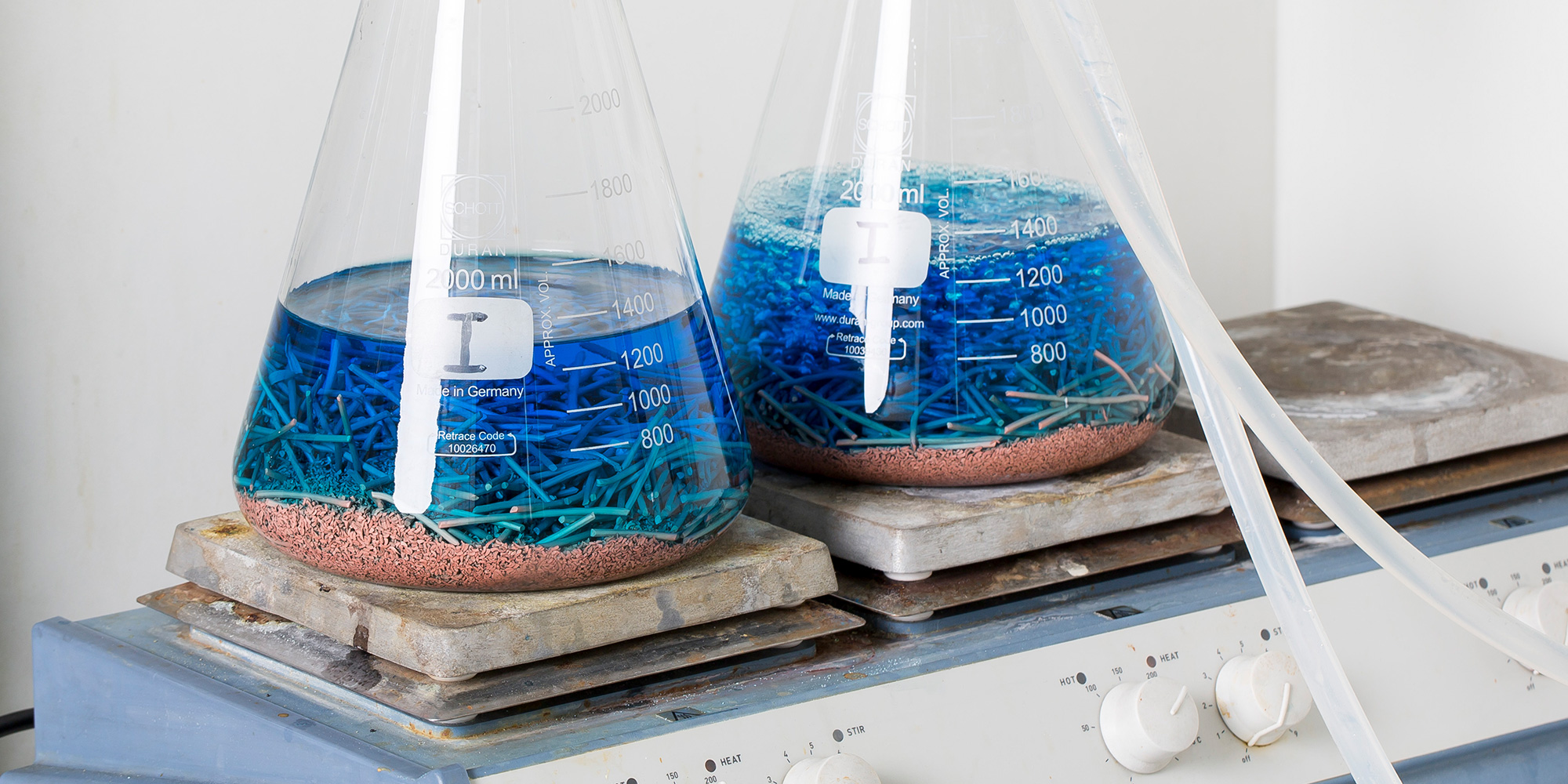IP 401 Corrosivity of Petroleum Products Test
The IP 401 test is a crucial procedure in the oil and gas sector, designed to evaluate the corrosive properties of petroleum products. This method has been widely accepted and standardized by various international organizations including ASTM, ISO, and IEC for its reliability and precision.
IP 401 involves subjecting metal specimens to petroleum-based solutions under controlled conditions that simulate real-world exposure scenarios. The primary objective is to quantify the corrosive effects of these fluids on metallic surfaces, thereby ensuring product integrity throughout their lifecycle. This testing method plays a pivotal role in enhancing the quality and durability of oil products, which are exposed to harsh environments during transportation and storage.
The process begins with selecting appropriate metal specimens that closely resemble those used in actual applications. These specimens undergo rigorous cleaning and conditioning before being immersed in petroleum samples for an extended duration. The temperature and time parameters are meticulously controlled according to the standard specifications, ensuring accurate results. During this period, corrosion is monitored through visual inspections and quantitative measurements using various techniques such as weight loss analysis or linear polarization resistance.
One of the key advantages of IP 401 lies in its ability to predict long-term performance by simulating conditions that mimic actual usage environments. This allows manufacturers and suppliers to identify potential issues early on, enabling them to make necessary adjustments to formulations before products reach the market. Additionally, compliance with this test ensures adherence to stringent regulations imposed by regulatory bodies worldwide.
By incorporating IP 401 into their quality assurance programs, companies can significantly enhance customer satisfaction and trust. The results provide valuable insights into product performance under various conditions, fostering continuous improvement efforts within the organization. Furthermore, successful completion of this test contributes positively towards environmental sustainability initiatives by promoting the development of environmentally friendly products.
In conclusion, IP 401 serves as an indispensable tool in ensuring high standards of quality and reliability for petroleum products across industries. Its importance cannot be overstated given its direct impact on both product performance and environmental considerations.
Benefits
The IP 401 test offers numerous benefits that are highly valued by various stakeholders within the oil & gas sector. For quality managers, it provides a robust framework for assessing product integrity and durability, helping them maintain consistent standards throughout production processes.
Compliance officers benefit greatly from this method as it ensures adherence to strict regulatory requirements set forth by governing bodies. By incorporating IP 401 into their compliance strategies, organizations can avoid costly penalties associated with non-compliance while also enhancing their reputation among regulators and consumers alike.
R&D engineers find value in the detailed insights provided by this testing method. It allows them to identify areas where improvements are needed, leading to innovations that enhance product performance. The data collected during IP 401 tests can be leveraged for developing new formulations or refining existing ones based on empirical evidence rather than theoretical assumptions.
For procurement teams, the results from IP 401 provide valuable information when selecting suppliers and materials. This ensures that only high-quality components are used in manufacturing processes, ultimately contributing to overall product excellence.
In summary, IP 401 offers a comprehensive approach to evaluating petroleum products' corrosivity characteristics, offering tangible advantages across multiple dimensions of the oil & gas industry.
Customer Impact and Satisfaction
The implementation of IP 401 testing has significant implications for customers in terms of product reliability and satisfaction. By ensuring that petroleum products undergo rigorous evaluation, companies can confidently offer solutions that meet or exceed customer expectations.
Critical to achieving this is the ability to predict how products will perform under real-world conditions, which IP 401 excels at doing through its standardized procedures. This foresight allows manufacturers to address any potential issues early on, preventing costly rework later in the lifecycle of the product.
Customers appreciate knowing that they are receiving products that have been thoroughly tested and validated against industry standards. Such transparency fosters trust between buyers and sellers, leading to increased customer loyalty and repeat business opportunities.
The environmental impact is another factor where IP 401 testing shines. By promoting the use of less corrosive materials or formulations, companies contribute positively towards reducing waste generation and minimizing ecological footprints associated with petroleum products. This aligns closely with broader sustainability goals pursued by many organizations today.
In essence, IP 401 testing enhances customer confidence through reliable performance data and responsible manufacturing practices, ultimately driving higher levels of satisfaction among end-users.
Environmental and Sustainability Contributions
The IP 401 test plays a vital role in supporting environmental sustainability initiatives within the oil & gas sector. By providing reliable data on petroleum product corrosivity, it helps drive innovation towards more eco-friendly formulations.
Critical to this is its ability to identify less corrosive alternatives for use in various applications. This not only reduces waste but also decreases emissions associated with disposal or recycling processes. The adoption of such practices contributes positively towards meeting global environmental targets set forth by international organizations like the United Nations Framework Convention on Climate Change (UNFCCC).
Moreover, IP 401 testing supports lifecycle assessment studies aimed at minimizing the overall carbon footprint of petroleum products throughout their entire life cycle. By identifying areas where improvements can be made early in development stages, companies are better equipped to implement sustainable practices right from inception.
The use of this test aligns closely with broader corporate responsibility programs focused on reducing environmental impacts while simultaneously enhancing operational efficiency and competitiveness within the market place. In doing so, it demonstrates a commitment to long-term sustainability goals that resonate well among environmentally conscious consumers.





